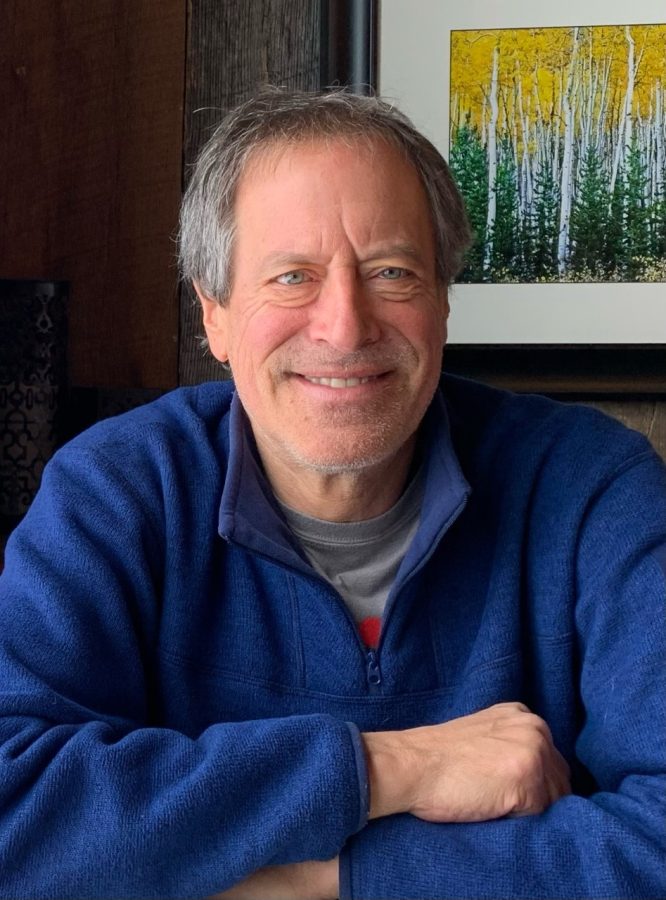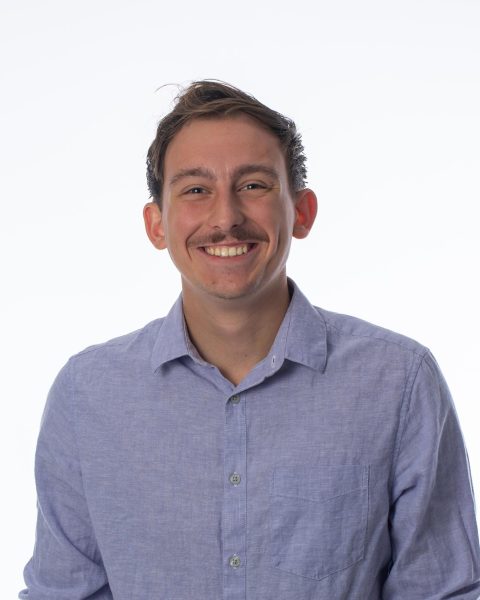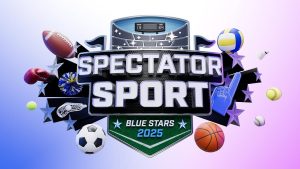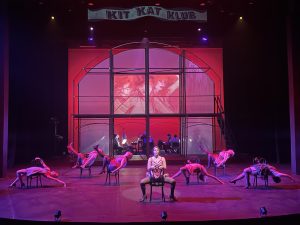Dr. Ben Wedro discusses attending UWL as a retiree
January 30, 2023
“Too often people think of university as a trade school. You go in, you do your four years, you get a degree, and then you get a job, but the joy of university is going to learn and explore things you haven’t yet, and to seek knowledge.”
In Wisconsin, anyone over the age of 60 can register at any university campus and take any class for free, so long as they have the approval of the professor. To read the UW System policy click here. Ben Wedro, originally from Alberta, a province in Western Canada, is just one of the many older adults choosing to audit classes here at the University of Wisconsin-La Crosse.
Wedro said that upon going to graduate school in the United States that he ended up in La Crosse, Wisconsin because he enjoyed that it was a small city with a bigger university and a teaching hospital. He said that a city with a university brings vibrancy because people are younger and the culture is more diverse.
When Wedro was younger, he graduated with his Doctor of Medicine (M.D.) degree and became a doctor in emergency medicine. He is also a member of the faculty at UWL and UW-Madison. Although Wedro is a retired doctor in emergency medicine, he continues to teach in that capacity. At UWL, Wedro is adjunct faculty for the physician assistant (PA) program and at UW-Madison, he is an adjunct clinical professor in the School of Medicine and Public Health.
Wedro began auditing classes at UWL about three years ago and takes one class per semester. He said that he chooses to take classes because “there is a certain joy in it.” Wedro continued and said, “we never stop learning,” and, “it shouldn’t come as a surprise that you want to show up on campus and learn things just for the joy of it.”
He said that in all of our lives, no matter what we do, we are constantly learning and updating our skills because we want to, but as life progresses it is hard to continue learning about subjects that interest us. That is why he chose to attend UWL and take classes. Wedro said, “the class experience allows you to not only learn from a professor but also from the people around you.”
So far, Wedro has taken classes in economics, archaeology, and political science, and is currently enrolled in judicial process (POL306), a class taught by Dr. Samuel Scinta. He said that he began with an economics course because that was what his undergraduate degree was. Wedro continued to say that economics is fun because it is essentially behavior with an economic spin on it.
He also said, “each class has its own joys and its own interests in it,” and he enjoys how each class applies to life, like when you are reading an article online about something you just learned in the classroom. When it comes to choosing classes, it’s not a matter of favorites, but it’s a matter of what’s outside his comfort zone.
At UWL, Wedro said to audit a class you must first go into the registrar’s office and register as a student. Once that happens, you call or email the professor of the desired course and tell them that you would like to take their class. He said that the process is pretty simple and that the commitment is not too much.
Wedro also said that while taking a class he does the homework but does not take the exams. He said that he recommends auditing classes to a lot of people because of “what a great deal it is” and to do it when you have the time and commitment. “There is a joy in being able to do it free and online, asynchronously, not just at UWL…The opportunities are not lost, the world is available to you.”
Education is important, Wedro continued, because the desire to learn never stops. He said that whether you are a basketball referee or a coach for a little league team, you always have to learn “how” to do those things first. “The ability to learn formally is a gift that the community gives to us.” Regardless if we are taking tennis lessons or learning how to fly fish with our friends, “we learn ways to make our lives more enjoyable.”
Wedro said that no matter the age, learning is never easy and that you have to make a commitment to what you’re doing. He said that for him, the hard part is “reading in a discipline that is not native to [his] background.” He said that as an M.D. graduate, medicine is all science and so reading textbooks or articles that are not scientifically based makes it harder because he must learn how to do that.
“If you see somebody who is older in your class or doesn’t look like they belong, go up and say ‘Hi.’”







